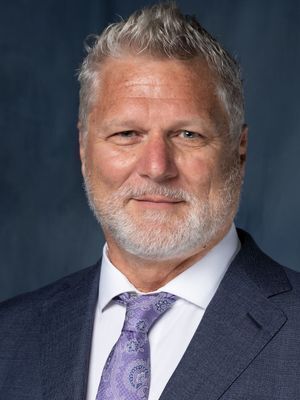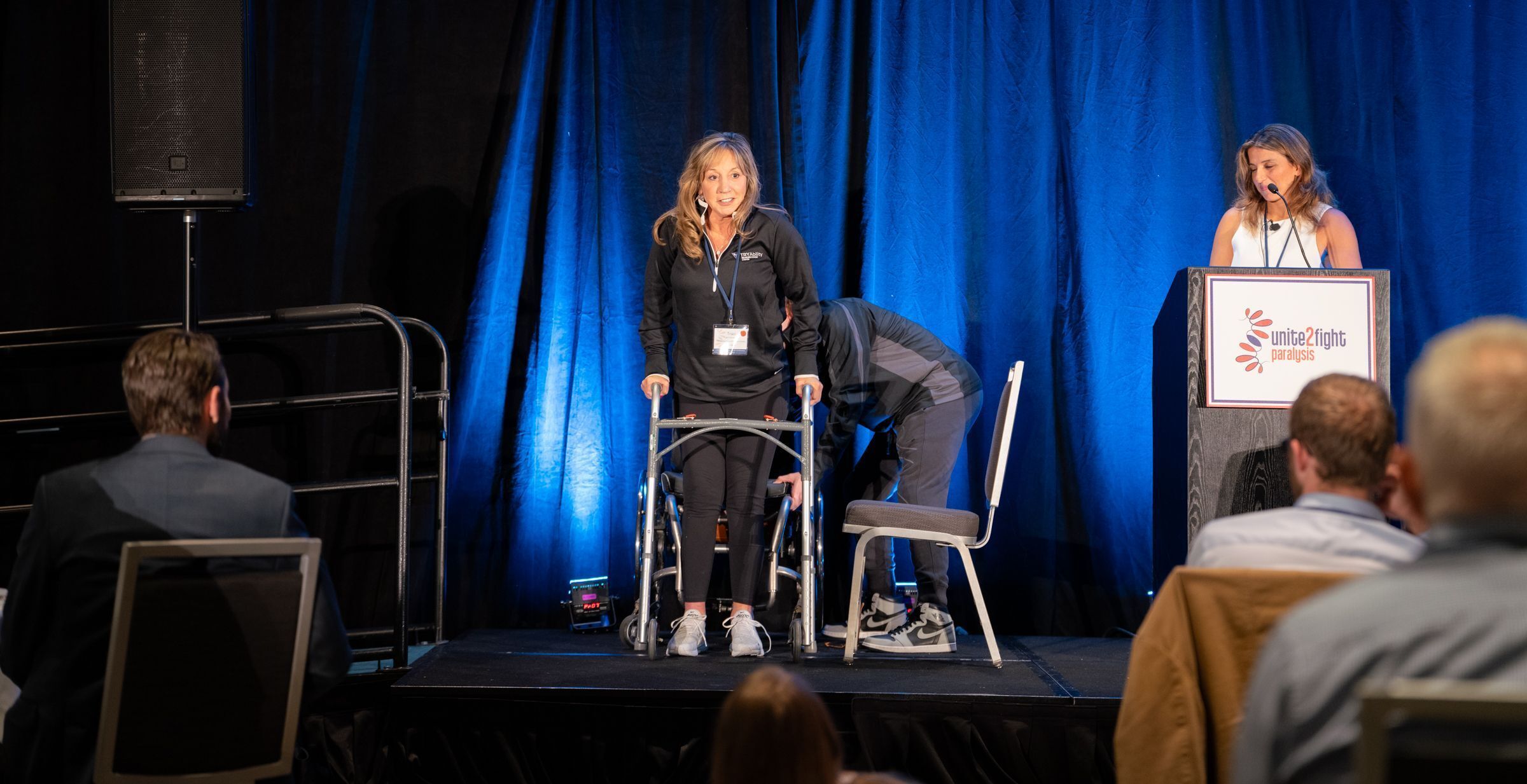
Gordon S. Mitchell, PhD
Professor of Neuroscience and Physical Therapy, University of Florida
Abstract
In the Translational Flywheel: Therapeutic Acute Intermittent Hypoxia and Spinal Cord Injury
Although the intermittent hypoxia experienced by people with obstructive sleep apnea is widely understood to cause pathology, “low-dose” intermittent hypoxia has beneficial effects without detectable pathology, and is emerging as a promising therapeutic to restore breathing and non-respiratory movements in people living with chronic spinal cord injury. In this talk, I will briefly review mechanisms through which low-dose (therapeutic) acute intermittent hypoxia (tAIH) elicits neuroplasticity in spinal phrenic motor neurons (phrenic long-term facilitation), and studies leading to the realization that tAIH triggers similar plasticity in motor neurons controlling arm and leg function. These foundational discoveries will be discussed in the context of ongoing efforts to harness tAIH as a means of restoring breathing and limb function in humans living with chronic SCI. Pilot clinical trials have informed the need for new experiments in animal models to develop greater understanding of: 1) optimal tAIH protocols (Best level of hypoxia? How long per episode? How many episodes?); 2) biomarkers to identify people most or least likely to benefit (not everyone responds the same); and 3) treatment combinations to amplify therapeutic benefits. In our “translational flywheel,” fundamental discoveries continually inform clinical trial design; conversely, observations made in clinical trials often tell us to “get back to the bench.”
Funding. Supported by: NIH R01 HL147554, HL149800 & HL148030; NIH T32 HL134621, Department of Defense (SCIRP) & UF Brain Spinal Cord Research Trust Fund.
Bio
Gordon Mitchell received his PhD from UC-Irvine, followed by postdoctoral work at the Max Planck Institute in Germany and the University of Wisconsin, where he became a faculty member. He served as department Chair for 17 years before leaving to become Preeminence Professor of Physical Therapy and Neuroscience at the University of Florida. He founded the UF Breathing Research and Therapeutics Center, and is Deputy Director of the McKnight Brain Institute. He has received many research awards, including an NIH MERIT Award. He delivered many award lectures, including a Society for Neuroscience Special Lecture and the Julius H. Comroe Distinguished Lectureship to the American Physiological Society. His research is focused on mechanisms of plasticity in breathing, leading him to discover that acute intermittent hypoxia elicits plasticity in spinal motor neurons. He has spent two decades translating this fundamental discovery to treat people living with chronic SCI and ALS.






















